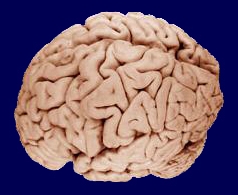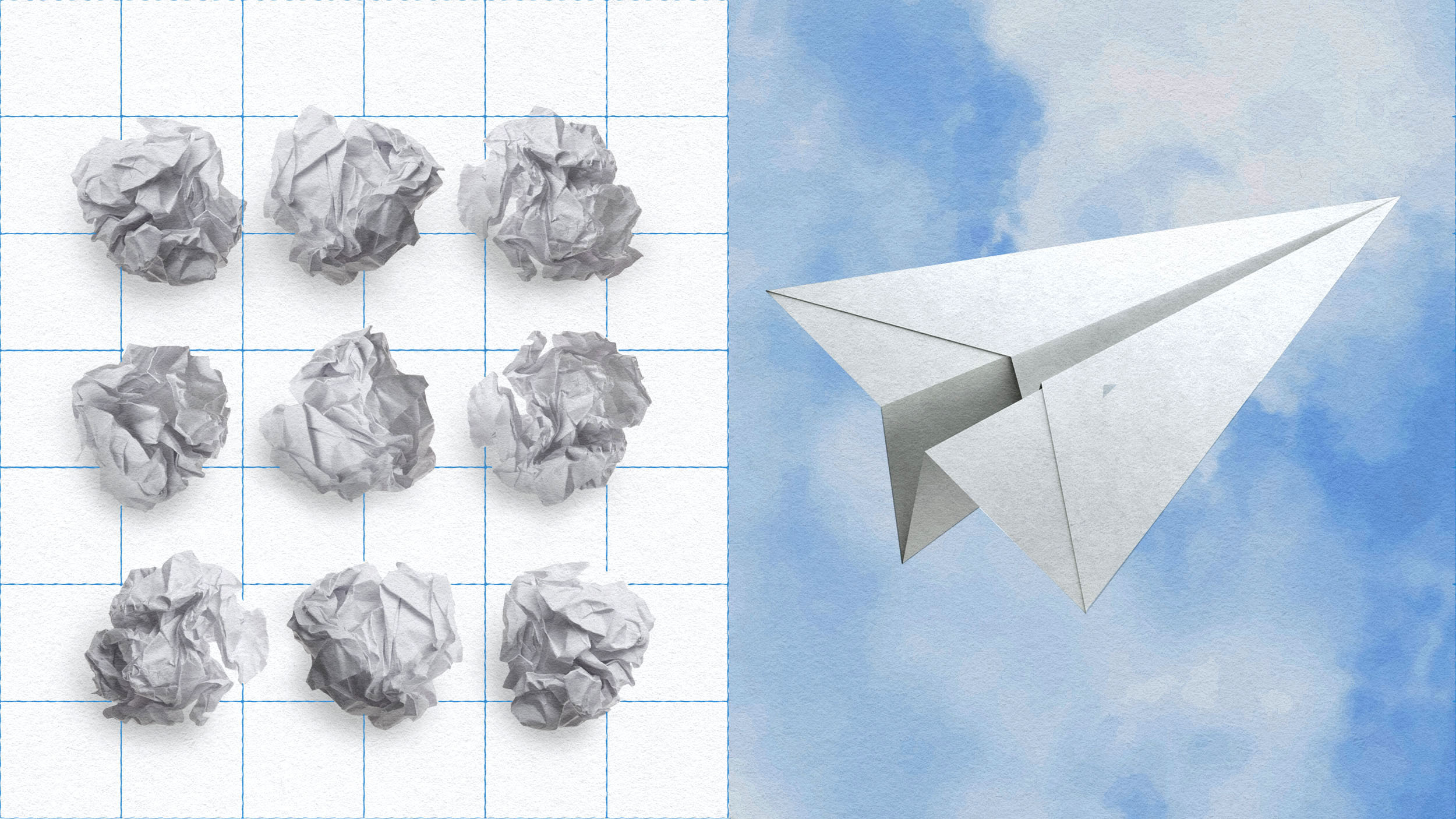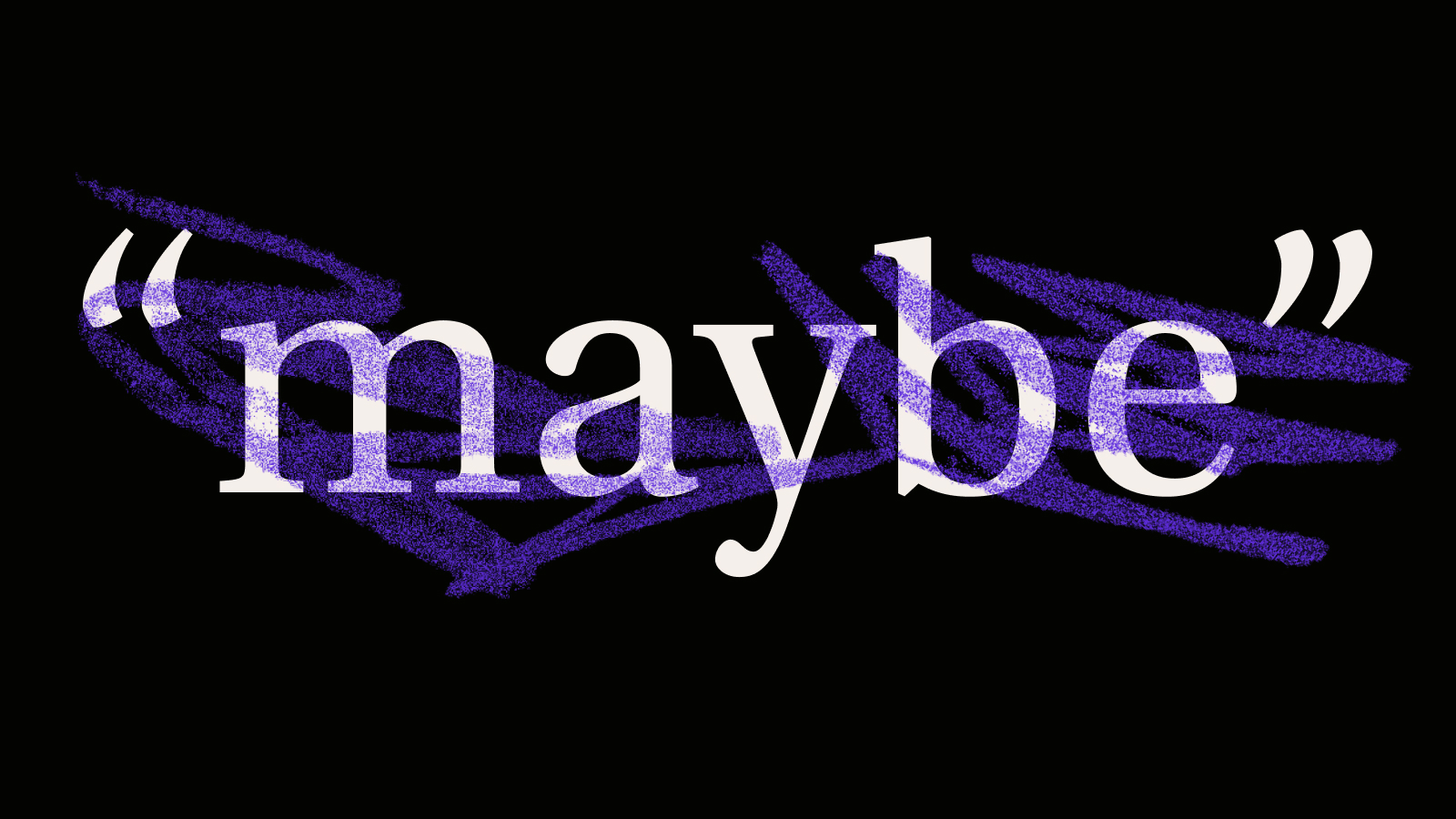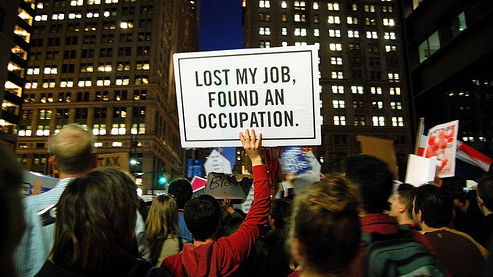Why Some Learn Faster Than Others

What’s the Latest Development?
A new study published in Psychological Science sheds light on why some people learn quicker from their mistakes than others. Each time we make a mistake, the brain reacts twice. The first reaction, error-related negativity, appears just 50 milliseconds after the mistake; the second, error positivity, occurs later and is associated with awareness of the mistake. While these reactions occur involuntarily, they are influenced by what people believe to be the true nature of intelligence.
What’s the Big Idea?
In the recent study, people were divided into two groups: One that thought of intelligence as a fixed characteristic and another that thought it was more malleable. Following their outlook on intelligence, mistakes made during the experiment either represented an immutable failure or a chance to learn and improve. Those who viewed intelligence as the product of a learning process, rather than purely as talent, had longer error positivity reactions indicating they were more attentive to—and more willing to correct—their mistakes.





